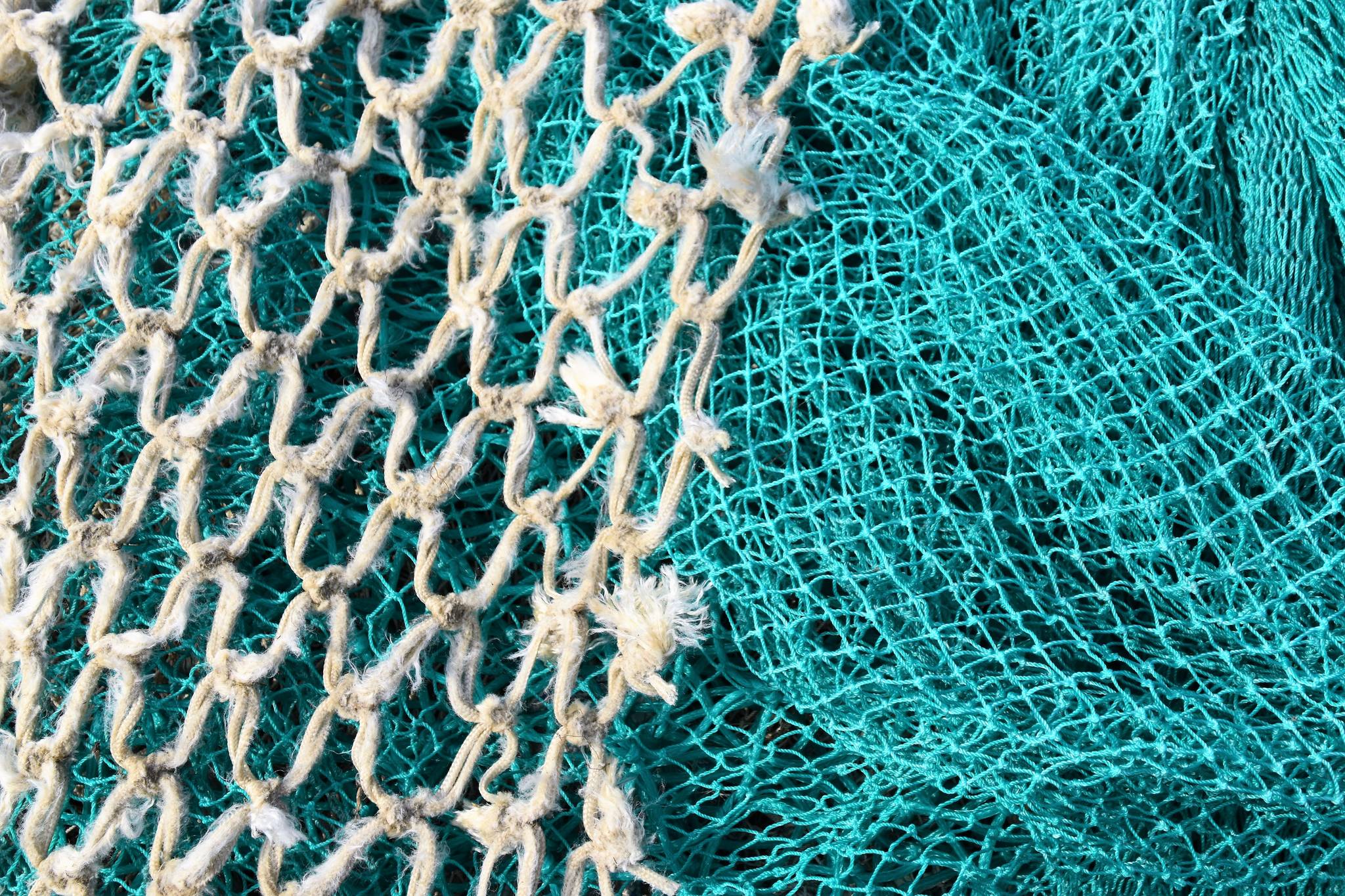Young people in Alaska face mounting challenges to entering commercial fisheries. Limited entry programs have reduced the size of the commercial fishing fleet and raised the cost of entry. Increased pressure on natural resource has led to increased regulation, creating what can be a complicated maze of rules ready to ensnare the unprepared. Marketing fish offers new opportunities, but also complex logistics and expensive pit-falls. Finally, global warming and ocean acidification ensure that the oceans of the future will be even less predictable — and almost certainly less productive — then the present. In short, young fishermen need to know how to catch fish, but they also need to know how to manage a business, stay up to date on ever evolving regulations, and of equal importance, they must learn how to become effective advocates for the ocean, healthy fisheries, and their own sustainable fishing business.
Four years ago, Eric Jordan started invited young people with no background in fishing to work on the back deck of his troller, for a week, a month or a season, and to learn not only practical skills from this experience but also the importance of advocating for the ocean. Eric’s work dovetailed with the Alaska Longline Fishermen’s Association’s (ALFA) Young Fishermen’s Initiative, which aims to support entry level fishermen through innovative technology, skillbuilding workshops and low risk loans. In 2017, ALFA and Eric combined efforts to launch a crew apprentice program. As interest grew, ALFA engaged six more local skippers in the program, and now ALFA sifts through over 100 applicants each year to offer 14-16 young people a first-time commercial fishing opportunity. ALFA works to support next steps for these young crewmembers, and the rest of our membership, by offering workshops on subjects ranging from new marine electronics to bookkeeping, electrical systems, fisheries management and hydraulics. Over the past two years, hundreds of local fishermen have participated in these programs.
Not surprisingly, young people in communities around the nation face similar challenges. Surprisingly, no federal program currently exists to support education and training for young fishermen. A program is in place for farmers, ranchers and aquaculturists, but not for young fishermen. That needs to change.
Last year, the Young Fishermen’s Development Act was introduced in both the U.S. House and Senate. The act would use fines paid by fishermen who violate fishing laws to fund regionally appropriate education and training for young fishermen by working through locallybased organizations. ALFA strongly supports the Young Fishermen’s Development Act. If passed by the U.S. Congress and signed into law, the YFDA will provide funding for education and training to help young fishermen navigate the challenges and opportunities ahead. You can help us realize this opportunity by contacting Alaska’s congressional delegation and voicing your support for the Young Fishermen’s Development Act. And while you are at it — urge them to take immediate action to address Alaska’s climate crisis!
• Linda Behnken is executive director of Alaska Longline Fishermens Association in Sitka and Tara Racine is the organization’s communications and program development coordinator. My Turns and Letters to the Editor represent the view of the author, not the view of the Juneau Empire.

